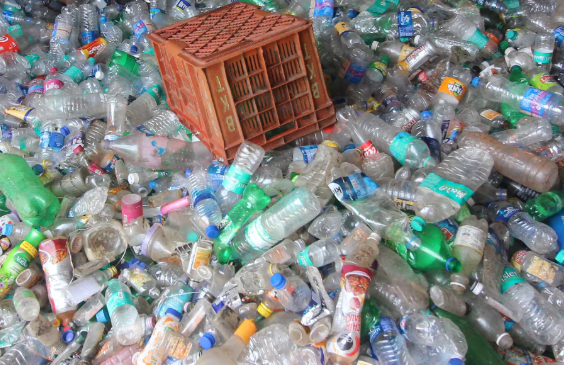India’s First Integrated Waste Management City-cum-Learning Centre
Gorakhpur is set to establish India’s first Integrated Waste Management City-cum-Learning Centre by September 2025, aiming to create a garbage-free environment. It will promote sustainable waste management through a circular economy model and the facility will occupy 40 acres in Suthni village, Sahjanwa.
Project Objectives
The primary goal is to process various waste types, producing charcoal and Bio-CNG. The project will also focus on generating employment opportunities, which aims to create a revenue-generating model for the city. Additionally, it will serve as a technical skills learning hub.
Waste Types Handled
The centre will manage multiple waste categories, including biomedical waste, e-waste, batteries, and tyres. It will also process terracotta, vehicle scrap, plastic, and hazardous household waste. Industrial waste and organic waste will be included as well.
The project is receiving guidance from the Administrative Staff College of India in Hyderabad. This collaboration aims to enhance the project’s innovative aspects. The model has already been presented in Vishakhapatnam and Delhi. It will be showcased at the National Chief Secretaries’ Conference in Delhi from December 13 to 15.
Expected Impact
The initiative is anticipated to have impact on the local community. It will create job opportunities in waste management. The learning centre will equip individuals with essential technical skills. The project is expected to encourage a culture of sustainability in Gorakhpur.
The Integrated Waste Management City-cum-Learning Centre is a forward-thinking project. It represents a commitment to environmental responsibility. The successful implementation could serve as a model for other cities in India.
GKToday Facts for Exams:
- Integrated Waste Management City-cum-Learning Centre is India’s first facility of its kind. It aims to process waste sustainably and promote education in waste management.
- Circular Economy Model focuses on reusing resources and minimising waste. This innovative approach supports sustainability and encourages economic growth through efficient resource management.
- Bio-CNG is a renewable energy source produced from organic waste. It can replace fossil fuels, reducing greenhouse gas emissions and promoting cleaner energy solutions.
- Administrative Staff College of India is a premier institution in Hyderabad. It provides training and consultancy to improve governance and enhance administrative capabilities in India.
Month: Current Affairs - December, 2024
Category: Environment Current Affairs


